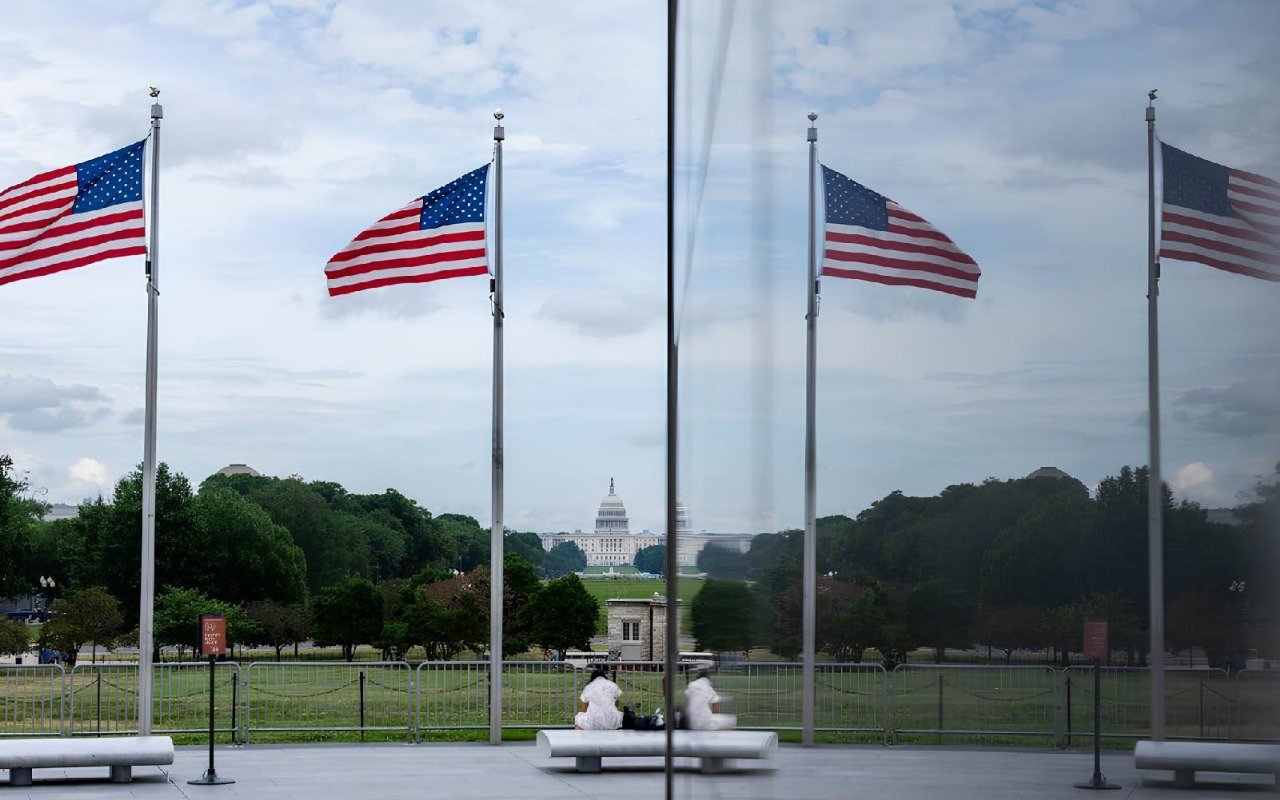Trump Administration Seeks $4.9 Billion Cut in Foreign Aid, Bypassing Congress
In a move that has stirred fresh controversy in Washington, the White House has announced its intention to cancel $4.9 billion in foreign aid funding previously approved by Congress. The decision, revealed in a 15-page notification sent late Thursday, relies on a rarely used and legally disputed mechanism known as a “pocket rescission.”
Under this maneuver, the administration aims to claw back funds by making the request so late in the fiscal year that Congress does not have sufficient time to reject it before the money expires on September 30. Legal experts and oversight bodies, including the Government Accountability Office, have previously questioned the legality of this approach, describing it as an attempt to override congressional authority on federal spending.
Focus of the Proposed Cuts
According to official sources, the largest portion of the proposed rollback would impact U.S. contributions to international peacekeeping efforts, including the United Nations, with a reduction of $445 million. Additional cuts include a $132 million rollback from the State Department’s Democracy Fund, a program that the Trump administration had earlier suggested eliminating altogether.
Other affected accounts include funding streams managed by the State Department and the U.S. Agency for International Development (USAID), both of which have already faced significant downsizing during Trump’s presidency.
Political Reactions
The announcement has triggered swift backlash on Capitol Hill. Senator Susan Collins, a senior Republican on the Appropriations Committee, criticized the move, saying it appeared to be an unlawful attempt to rescind funds without congressional approval.
Democrats also strongly opposed the decision. Senator Patty Murray of Washington condemned the proposal as an “illegal ploy” undermining Congress’s constitutional power over taxpayer money. Meanwhile, Senate Minority Leader Chuck Schumer accused the administration of rejecting bipartisan cooperation, warning that such actions could derail upcoming negotiations to avoid a potential government shutdown on October 1.
Broader Implications
The timing of this proposal could complicate efforts to finalize a bipartisan budget deal. With Democrats essential to securing Senate approval, many lawmakers argue that unilateral cuts by the White House will only make consensus harder to achieve.
As debates continue, the move highlights the ongoing power struggle between Congress and the executive branch over federal spending priorities, raising questions about the limits of presidential authority in controlling appropriated funds.









